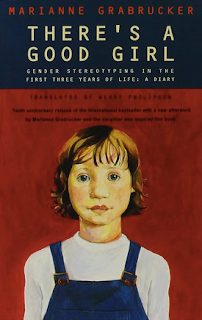Jesustown is a fictionalised version of a part of Australian history. It's set in 'Arcadia,' which Daley has suggested could be anywhere 'above the Brisbane line.' Problematic Nathaniel Renmark, Renny, self-educated anthropologist, was the grandfather of popular historian Patrick, whose own life has spectacularly imploded. (I could certainly see shades of Patrick in a couple of broad-brush, 'story-ist' historians, but he is more extreme than any of them. I did find it hard to believe that any Australian historian, even one who's relocated to the UK, could find such a degree of popularity and notoriety that the tabloids would be obsessed with chasing him.) The story is mostly told by miserable, self-pitying Patrick, but we also hear Renny's voice through some audio cassettes, and it's via Renny's confessions that we learn the truth behind the legends of Jesustown.
Though the history of Jesustown is fictional, it draws on real events, like the Caledon Bay murders in the Northern Territory in the 1930s -- a story I'd never heard of before. Jesustown is also about generational trauma, not only in the First Nations community, but within Patrick's family, with military horror, trauma, brutality and parental neglect passing down through four generations. Hopefully Patrick has acquired enough insight by the end of the book to halt the process, but there is no easy redemption in this novel.



























